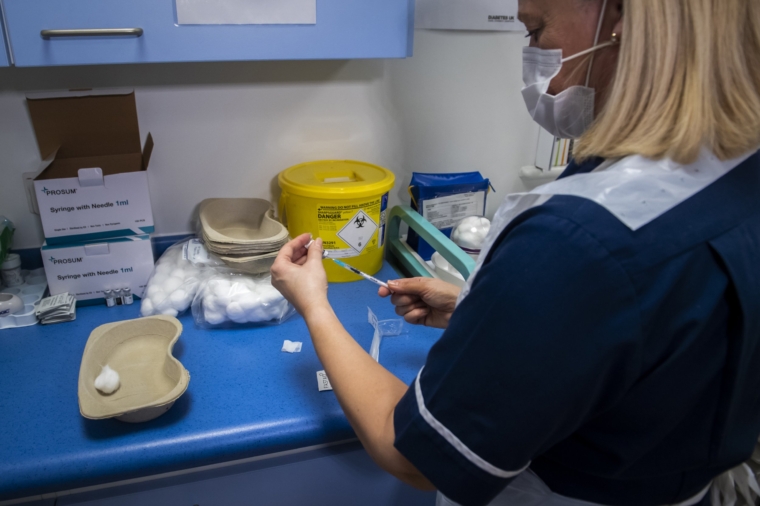A ban on people arriving into the UK from Brazil and neighbouring countries is expected to be imposed after the emergence of a new Covid variant in the South American nation.
The Brazilian mutation is the third variant identified by scientists in recent weeks as a cause for concern worldwide. So how worried should we be?
Firstly, there is the issue of whether this variant is more infectious than original strains of coronavirus, which will lead to more cases.
While research is ongoing, experts say it does appear to be more contagious.
Similar to UK and South African strains

Sir Patrick Vallance, the Government’s chief scientific adviser, said on Wednesday that the Brazilian strain has “some of the features” of the UK and South African variants, which are more transmissible.
The Brazilian variant carries the mutation E484K, meaning it has a change in the virus’ genetic code at position 484, similar to the South African strain.
“What we’re seeing is that mutations are cropping up across the world which are quite similar in terms of the changes,” Sir Patrick told ITV’s Peston programme.
Any variant that is more transmissible is a cause for concern because more transmission means more cases, which will lead to more hospital admissions and in turn more deaths. This is not the same as a variant being more virulent, or dangerous, to an individual.
The risks of serious disease are the same
Which brings us to the second point: is the Brazilian variant more dangerous? According to Sir Patrick, there is no evidence for this. This variant – and the UK and South African strains – do not cause more severe disease in a person. The risk therefore is around the sheer magnitude of cases it can cause in a population.
Sir Patrick said: “There is no evidence at all that with any of these variants that it makes the disease itself more severe.”

This means that the risks of you catching this variant – if it is endemic in a population – are higher compared to the original coronavirus, because it is more contagious.
But the risks of you developing serious disease from this variant are, according to scientists, roughly the same as with existing coronavirus strains.
Evidence on vaccines is unclear

Thirdly, what impact will this Brazilian variant have on vaccines? The answer is not yet clear.
As Sir Patrick explained, the mutation changes the shape of the protein which can affect the way the immune system responds to the virus, and this can potentially affect the way a vaccine works.
However, the chief scientific adviser said in terms of the UK variant, there is no evidence yet “that it makes a difference in terms of how the immune system recognises it and if you’ve been exposed to the old variant or have had a vaccine it looks like it’s going to work just as well with this new variant for the UK one”.
He added: “[For the] South African one and Brazilian one we don’t know for sure. There’s a bit more of a risk that it might make a change to the way the immune system recognises it but we don’t know.”
If any new variant makes a vaccine less effective, however, it is not a disaster. Vaccines can be tweaked to adapt to changes in a virus – in fact, this is what happens with the flu vaccine every year. It would, of course, mean that the people already vaccinated against Covid-19 may have reduced protection against a new variant that worked in this way.
No Brazilian cases so far in UK
Finally, what is the current risk of the Brazilian variant to the UK population?
Given that ministers are urgently meeting to discuss a travel ban on Brazil and neighbouring countries the UK Government clearly believes it needs to act fast to limit the spread.
There is already a mandatory 10-day quarantine period in place for people arriving from South America and many other countries around the world.
But quarantining new arrivals is not as secure as an outright ban, because it is less enforceable.
The relatively good news is that no cases of this Brazilian strain have so far been identified in the UK – but given all of these new variants are faster-spreading, it is possible it is already in the country.


Grindr must act but there are darker reasons why children are on the dating app